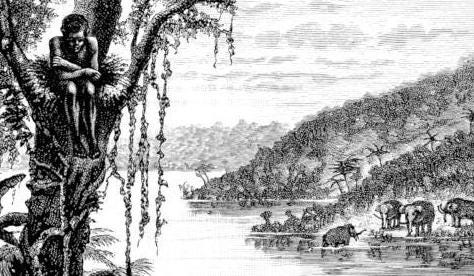On Anxiety
perfer et obdura; dolor hic tibi proderit olim. (be patient and tough; someday this pain will be useful to you)
My life has been full of terrible misfortunes most of which never happened. - Michel de Montaigne
Is it not a very strange thing in this world, where there is so much distraction, entertainment, that almost everybody is a spectator or a NPC and very few are Main Characters? Whenever we have a little free time, most of us seek some form of amusement. We i…



